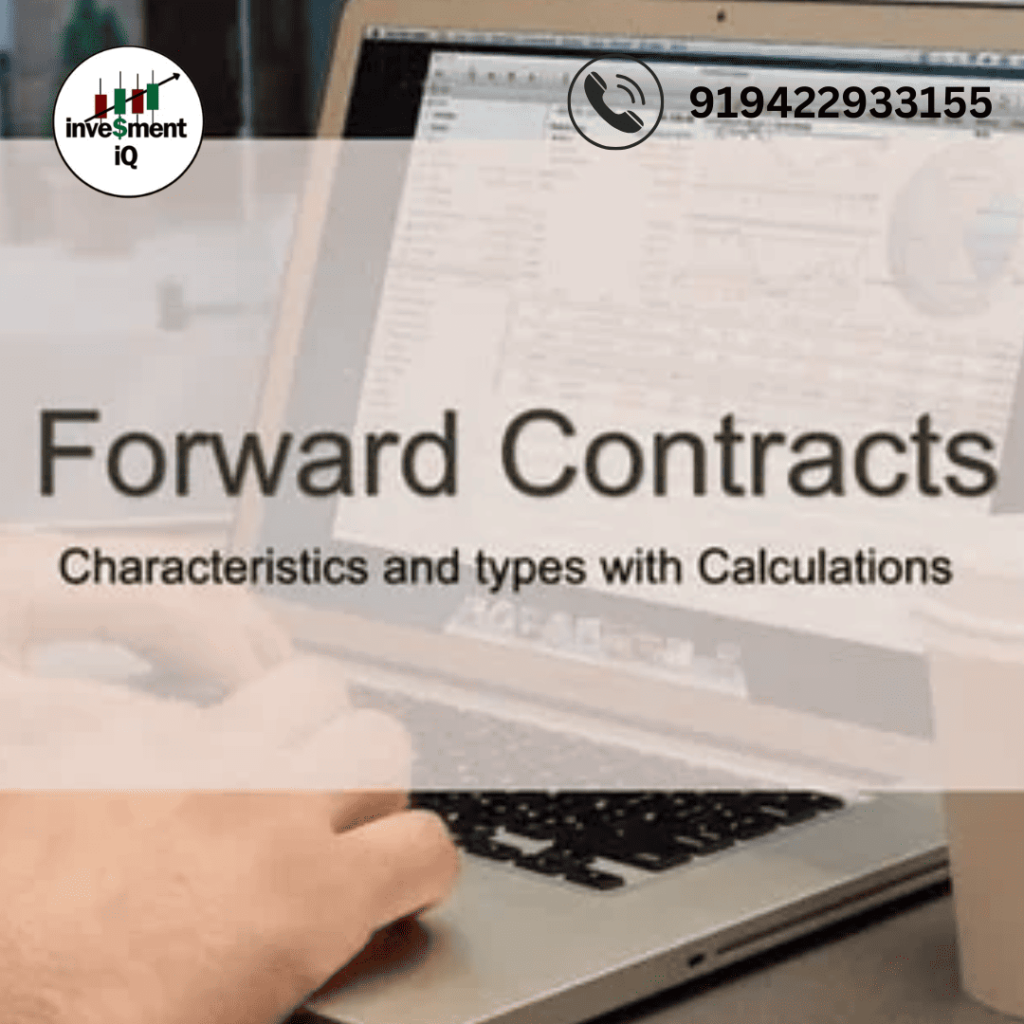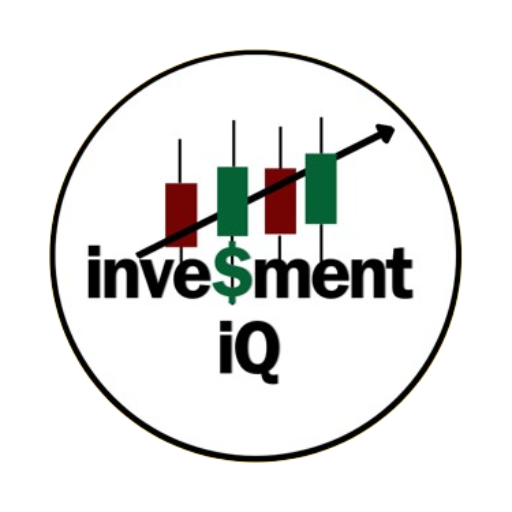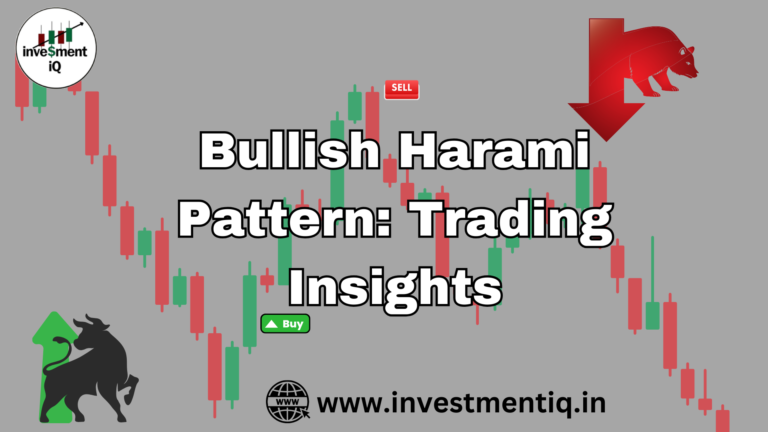
forward contract agreements are one of the least difficult yet most fundamental instruments in the realm of subsidiaries. They assume a critical part in overseeing gambles, particularly in businesses dependent on products, monetary forms, and monetary business sectors. Regardless of their straightforwardness, forward agreements structure the foundation of additional mind-boggling subsidiaries and essentially affect worldwide exchange and speculation. This thorough blog digs into what forward agreements are, their mechanics, benefits, dangers, and genuine applications.
What is a forward contract?
A forward contract is a customized agreement between two parties to buy or sell an asset at a specified price on a future date. Unlike standardized futures contracts, forward contracts operate as over-the-counter (OTC) derivatives because the parties privately negotiate them instead of trading on exchanges.
Key Characteristics:
- Customization: The parties tailor forward contracts to meet their specific needs. They define unique terms such as the quantity, price, and settlement date of the underlying asset.
- Underlying Asset: These contracts can include various underlying assets, such as commodities (gold, oil, wheat), currencies, interest rates, or financial instruments like stocks.
- Settlement: Settlement takes place when the contract matures. The parties either exchange the physical asset or settle in cash based on the difference between the agreed price and the market price.
How Forward Contracts Work
he mechanics of a forward agreement include a couple of key stages:
Arrangement
Two gatherings consent to the provisions of the agreement, including the hidden resource, conveyance date, and forward cost.
Value Fixing: forward contract
The forward cost is determined in view of the ongoing spot cost of the resource, adapted to factors like loan fees, capacity costs (for items), and other market elements.
Lapse:
At the agreement’s development, the purchaser is committed to buy, and the vender is committed to convey the resource at the foreordained cost.
Model:
Envision a wheat rancher and a bread producer. The rancher needs to secure in a surefire cost for wheat to relieve the gamble of falling costs, while the bread maker needs to keep away from the gamble of rising wheat costs. They settle on a forward agreement for 1,000 bushels of wheat at $5 per bushel, with conveyance in a half year.
Assuming the market cost of wheat ascends to $6 per bushel, the bread maker benefits by following through on the lower concurred cost.
In the event that the market value drops to $4 per bushel, the rancher benefits by selling at the higher concurred cost.
Key Elements of Forward Contracts
Underlying Asset: The asset being bought or sold, such as a commodity, currency, or security.
Contract Size: Specifies the quantity of the asset involved.
Forward Price: The agreed-upon price at which the asset will be exchanged at maturity.
Maturity Date: The specific date on which the contract is settled.Settlement Method: Whether the contract is settled through physical delivery or cash settlement.
Advantages of Forward Contracts
Supporting Gamble: forward contract
Forward agreements are generally used to fence against cost instability. Organizations can secure in costs for future buys or deals, guaranteeing consistency in incomes.
Customization:
Dissimilar to normalized prospects contracts, forward agreements can be custom-made to address explicit issues, for example, special amounts or conveyance dates.
Adaptability:
They permit gatherings to settle on terms that suit their common prerequisites without complying with normalized trade rules.
No Underlying Edge: forward contract
Forward agreements regularly don’t need an underlying edge or day to day stamping to advertise, diminishing forthright income necessities.
Types of Forward Contracts
- Item Advances: Used to support against cost changes in actual wares like oil, gold, or farming items.
- Cash Advances: Ordinarily utilized in worldwide exchange to secure in return rates for future exchanges.
- Financing cost Advances: Permit organizations to secure in loan fees for future getting or loaning.
- Value Advances: Agreements in view representing things to come cost of a stock or value list.
Forward Contracts vs. Futures Contracts
| Feature | Forward Contracts | Futures Contracts |
|---|---|---|
| Market | OTC | Exchange-Traded |
| Customization | Fully customizable | Standardized |
| Counterparty Risk | High | Low (guaranteed by clearinghouses) |
| Liquidity | Low | High |
| Settlement | At maturity | Daily (marked to market) |
Real-World Applications of Forward Contracts
- Horticulture: Ranchers and food producers use forward agreements to settle livelihoods and expenses in the midst of unstable ware costs.
- Energy: Oil and gas organizations secure in later costs to oversee income streams and creation costs.
- Monetary standards: Global enterprises fence unfamiliar trade hazard to safeguard benefits from cash variances.
- Ventures: Mutual funds and institutional financial backers use forward agreements for theory or portfolio risk the executives.
Pricing of Forward Contracts
- Spot Price: The current market price of the underlying asset.
- Interest Rates: The difference between the risk-free rates of the currencies involved.
- Storage Costs: Applicable to physical commodities.
- Dividends or Income: For financial instruments that yield periodic income.
The formula for pricing a forward contract is:
F=S×(1+r)TF = S \times (1 + r)^TF=S×(1+r)T
Where:
- FFF = Forward Price
- SSS = Spot Price
- rrr = Risk-Free Interest Rate
- TTT = Time to Maturity
Advantages Over Alternatives forward contract
Contrasted with prospects or choices, forward agreements give straightforwardness and cost-effectiveness. Their customization makes them ideal for organizations with explicit requirements, for example, remarkable amounts or conveyance dates, that can’t be met by normalized instruments.
The Role of forward contract in Modern Finance
Forward contracts remain a cornerstone of financial risk management. They are particularly vital in emerging markets where access to standardized futures may be limited. Moreover, as global trade and investment become increasingly interconnected, the demand for forward contracts continues to grow.
Conclusion
Forward agreements are integral assets for supporting and chance administration. Their effortlessness, customization, and colossal applications make them basic for organizations, financial backers, and monetary establishments. Nonetheless, their prosperity relies on grasping the related dangers, especially counterparty and liquidity chances.
For people and organizations, forward agreements offer a door to overseeing vulnerability in an unpredictable monetary scene. By getting a handle on their mechanics and key purposes, market members can open huge advantages while moderating likely traps.
you may be interested in this blog here:-
What’s the Difference Between Cyclical and Non-Cyclical Stocks?
What Are Hidden Increases and Misfortunes?




